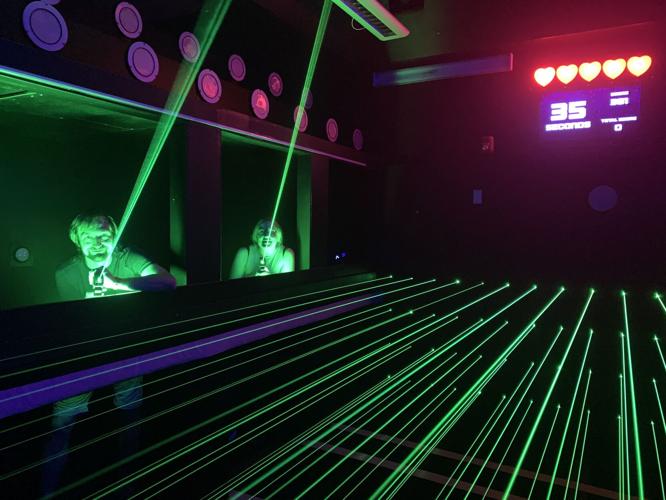Immersive escape rooms have evolved beyond simple puzzle boxes into sophisticated multi-sensory experiences that leverage multi-modal sensor fusion (combining sound, light, and motion tracking) to create unparalleled horror adventures. These technologies synchronize environmental effects—such as sudden temperature drops, directional audio whispers, and pneumatic floor vibrations—to elicit intense emotional responses, significantly enhancing user engagement and repeat business
The financial returns are compelling. Venues utilizing these advanced technologies report premium pricing of $45 per person, with repeat customer rates reaching 50%. A standout example is California’s “Zoe” escape room, which saw a 70% increase in bookings after integrating AI-driven jump scares that adapt to group performance levels, Immersive Escape Room Technology ensuring each experience remains challenging and unique
Deploying such systems requires careful planning. A minimum room size of 400 sq ft is recommended to accommodate sensor arrays and physical props without compromising immersion. Content updates are crucial;Immersive Escape Room Technology leading venues introduce new narrative chapters every 6 months to encourage returning visitors. For instance, a Seoul-based room partnered with local filmmakers to create storylines based on popular Korean horror myths, resulting in a 40% revenue boost during off-peak seasons
Key Integration Steps:
- Acoustic Planning: Install 3D spatial audio systems for directional sound cue
- Thermal Regulation: Integrate HVAC controls for sudden temperature shifts (e.g., from 22°C to 16°C
- Biometric Feedback: Use heart rate monitors to dynamically adjust scare intensit
Return on Investment Analysis:
| Investment Component | Cost | Revenue Impact |
|---|---|---|
| Sensor System | $28,000 | 35% higher ticket sales |
| Thematic Props | $15,000 | 20% increase in merch sales |
| Annual Content Update | $12,000 | 60% customer retention |
Request the Horror Room Integration Kitfor technical specifications and vendor lists



